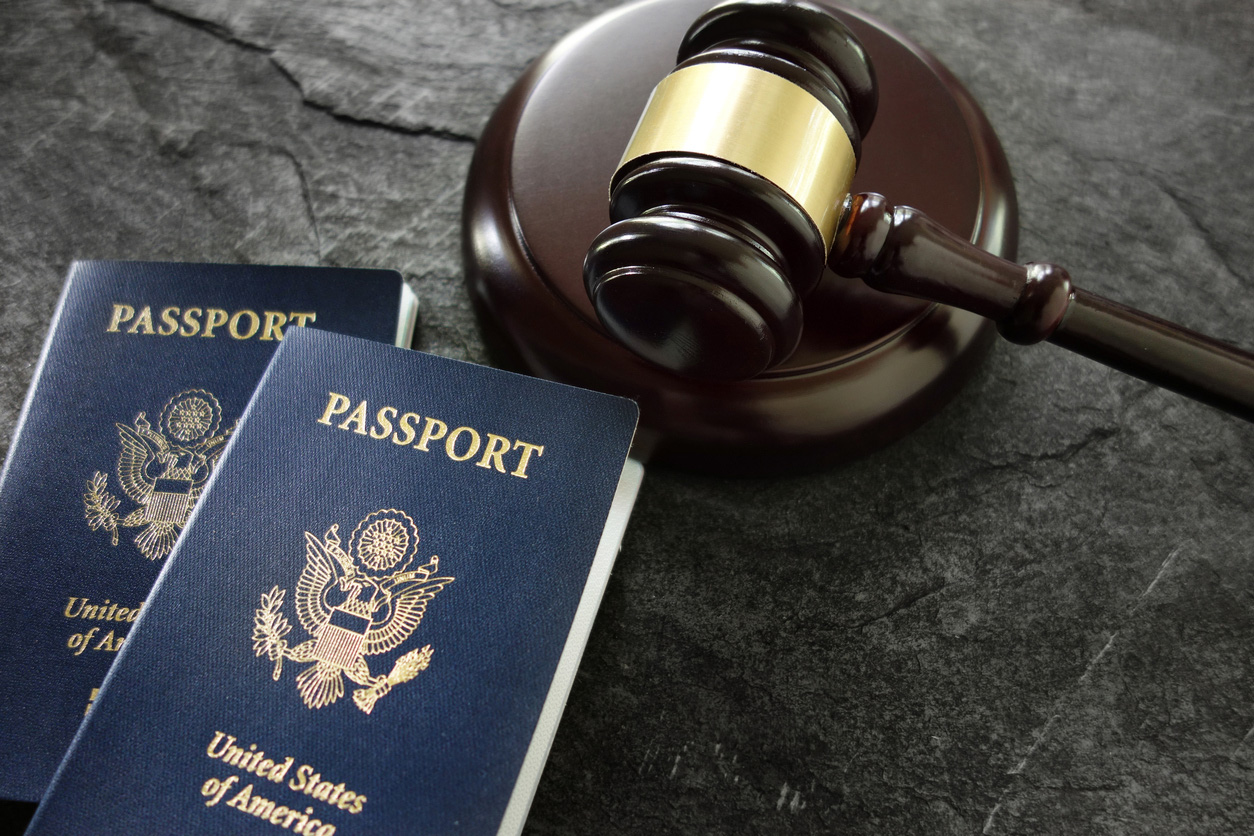The process of getting a Visa can become scary and uncertain. We get it — we all have secrets we don’t want to share. But lying will not guarantee your admission. There are three possible answers to the question what happens if I lie to immigration:
- Your application will be denied.
- You will not be able to apply again for the next five years.
- You’ll be charged with immigration fraud.
It’s only human that this makes you stressed or anxious. We are here to help ease your mind going into this process. That way, you’ll carry it out with a clean conscience and no fraud accusations.
What Qualifies as Lying?
At this point, you’re probably worried about lying about something unintentionally, and that makes sense. So let’s first clear up what the Immigration labels as lying.
In this context, lying implies saying/writing something false to benefit your application. It is crucial that you understand the importance of good moral character as a factor in the process. Aside from being truthful, it also implies no criminal offenses and a fulfillment of civic duties during the last five years.

To clarify, here are some examples of bad moral character:
- Bribe
- Lying about your taxes
- Using a fake name
- Withholding personal information (marital status, work experience, education)
- Hiding that you have relatives in the country
- Applying for a temporary visa when you plan to stay longer
Mistakes vs. Fraud
Pay attention to every single thing you write in your application because you’ll have to support it. And you will do so under oath, in front of an immigration officer.
It may sound strict, but if you lie at any point during the interview, it will speak of your moral character. So we have to warn you to be extremely cautious. It won’t matter if you lied about something small or irrelevant to the process itself, the Immigration will make note of it!
On the plus side, at the beginning of your interview, the officer will ask if you want to make any changes to your application. So you do have a chance to make amends if you realize you lied accidentally. But make sure you bring proof to support your new claims (exact dates, documents, letters, references, etc).
What Are the Consequences?
Immediately, your application will be rejected. On top of that, you will not have access to any immigration benefits, like delaying your deportation or seeking asylum.
Other consequences include deportation and, in serious cases, even charges and jail time.
The worst part is that this mistake will follow you in all immigration-related matters. Apply again, and you’ll be seen as unreliable and untrustworthy. This is how important moral character is.
This happens because giving a false testimony is a serious offense in the USA. If you get caught doing it, you will not be able to apply again for the next five years!
How to Prevent It?
Always assume the officer knows everything about you (as they most definitely do), even about things you haven’t mentioned in your form. So prepare to answer any question with confidence and ease. If you have any doubts about sharing information, ask your attorney for advice.
Ultimately, It’s Not Worth It
Keep in mind that even if you get away with it, lying can always backfire in the future. And it always, without an exception, leads to losing your Visa or citizenship.
Unfortunately, applicants often lie about things that would not affect their approval in the first place. Don’t be one of them. The ultimate answer to the question what happens if I lie to immigration is that you’ll regret lying more than you’d regret revealing your secret.
What Legal Options to Know Being an Illegal Immigrant
Do Illegal Aliens Pay Taxes?
Is it Hard to be Illegal in the United States?
asdf







